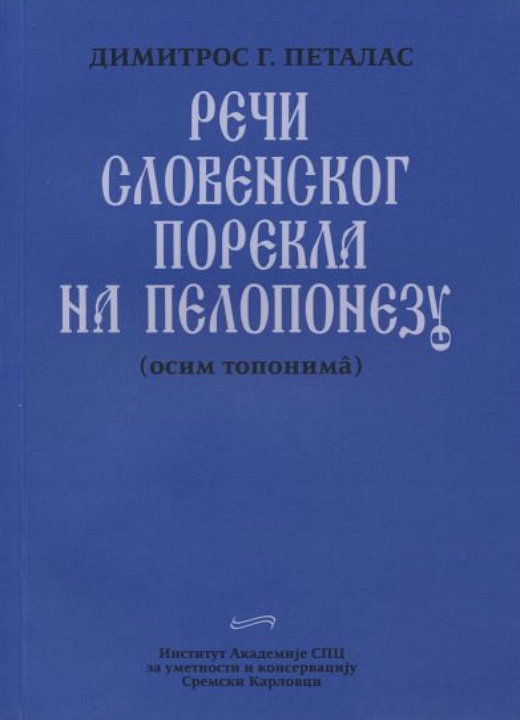URL:
http://web.rgzm.de/en/exhibitions-e...dence-from-rescue-excavations-in-arcadia.html
The Slavs in the Peloponnese: New evidence from rescue excavations in Arcadia
Vortrag von Dr. Demetrios Athanasoulis (Athen)
Within the years 2009-2010, the former 25th Ephorate of Byzantine Antiquities conducted numerous rescue excavations in the prefecture of Arcadia during the construction of a new national road crossing the Peloponnese. This public project was an opportunity for new archaeological investigations concerning the unknown settlement history in the Peloponnese during the Dark Ages and the Middle Byzantine Period.
Among the most interesting discoveries were two cemeteries of the 7th-9th/10th c., consisting of pits with cremation urns, being undeniably a burial custom linked with Early Slavic populations and reflecting the migration and installation of the Slavs in the very south of the Byzantine Empire. In particular, in one of the cemeteries appeared graves with inhumations next to traditional cremations, reflecting furthermore the process of the Christianization of the Slavs during the Middle Ages. Slavic burial practices were also detectable in a Christian cemetery of the Byzantine period by the presence of a cremation urn among the inhumations, but also by finds of slow wheel made pots in some of the graves.
These unique archaeological findings were the starting point to establish a research group to examine the still unknown Slavic culture of the Byzantine Peloponnese. Aim of this lecture is, to give an insight into the current state of this research.
http://web.rgzm.de/en/exhibitions-e...dence-from-rescue-excavations-in-arcadia.html
The Slavs in the Peloponnese: New evidence from rescue excavations in Arcadia
Vortrag von Dr. Demetrios Athanasoulis (Athen)
Within the years 2009-2010, the former 25th Ephorate of Byzantine Antiquities conducted numerous rescue excavations in the prefecture of Arcadia during the construction of a new national road crossing the Peloponnese. This public project was an opportunity for new archaeological investigations concerning the unknown settlement history in the Peloponnese during the Dark Ages and the Middle Byzantine Period.
Among the most interesting discoveries were two cemeteries of the 7th-9th/10th c., consisting of pits with cremation urns, being undeniably a burial custom linked with Early Slavic populations and reflecting the migration and installation of the Slavs in the very south of the Byzantine Empire. In particular, in one of the cemeteries appeared graves with inhumations next to traditional cremations, reflecting furthermore the process of the Christianization of the Slavs during the Middle Ages. Slavic burial practices were also detectable in a Christian cemetery of the Byzantine period by the presence of a cremation urn among the inhumations, but also by finds of slow wheel made pots in some of the graves.
These unique archaeological findings were the starting point to establish a research group to examine the still unknown Slavic culture of the Byzantine Peloponnese. Aim of this lecture is, to give an insight into the current state of this research.








